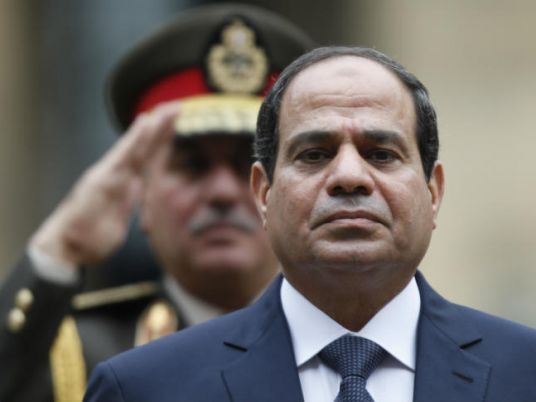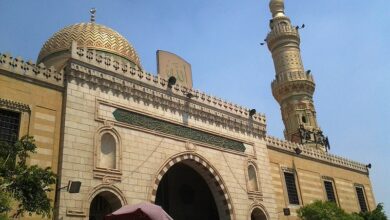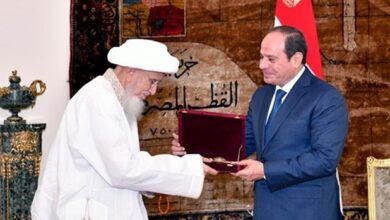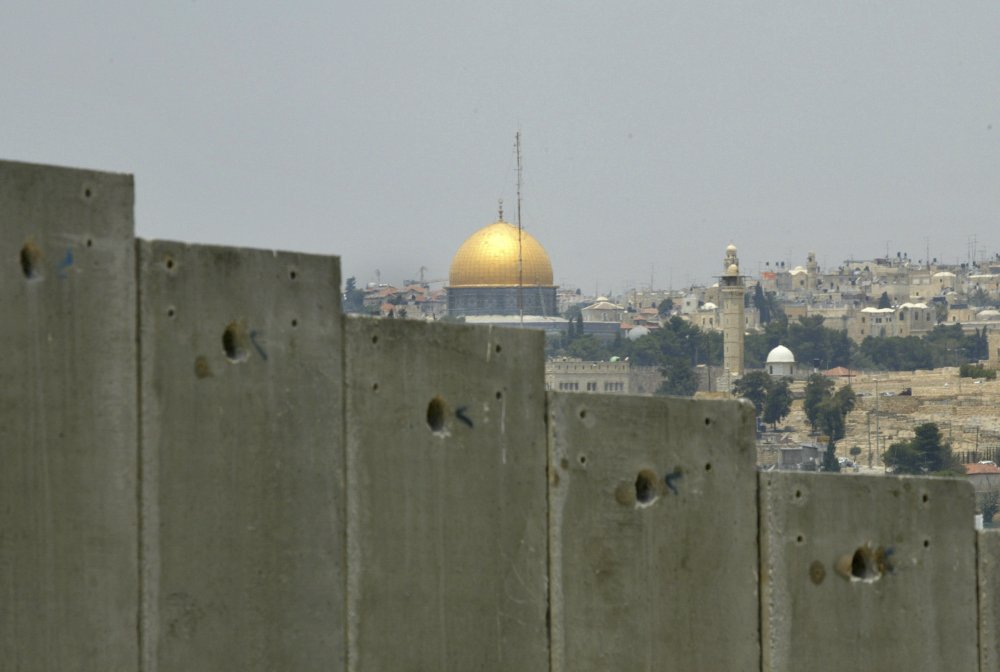
Egyptian President Abdel Fattah al-Sisi reproached police and criticised his government on Sunday, a year after he took office, after critics accused him of allowing human rights abuses to flourish and doing little to boost jobs.
Many Egyptians support Sisi for delivering a degree of stability after years of turmoil following the 2011 uprising that ousted autocrat Hosni Mubarak.
But critics say he has returned Egypt to authoritarian rule and has not done enough to boost its battered economy.
Sisi, the former army chief who ousted Egypt's first freely elected leader — Mohamed Morsi of the Muslim Brotherhood — in mid-2013 following mass protests against his rule, addressed the criticism on Sunday.
At an event to launch army-backed infrastructure projects, Sisi said: "I say to our sons in the police or any government agency they must be mindful that they are dealing with human beings." His comments were reported by state news agency MENA.
Activists say the police, whose power waned as Mubarak fell, now act with impunity, a charge the Interior Ministry denies.
"I apologise to every Egyptian citizen who has been subjected to any abuse. I am accountable for anything that happens to an Egyptian citizen," Sisi said.
But he presented no clear plan for addressing the problems.
Since ousting Morsi, Sisi has clamped down on Islamist militants, who have killed hundreds of soldiers and policemen.
Several secular activists have also been jailed for violating a law curbing demonstrations. Authorities deny allegations of abuse and Sisi says the Muslim Brotherhood is a threat to national security.
In March, Sisi sacked his interior minister who had played a large role in the crackdown on the Muslim Brotherhood.
The courts have recently taken up several cases where police are accused of killing civilians, including a young woman commemorating the 2011 uprising, a Morsi supporter detained in hospital and a lawyer allegedly tortured to death in a police station. .
A policeman received a three-month jail sentence on Sunday for hitting a lawyer with his shoe during an altercation, judicial sources said.
The trials, while rare, have raised hopes that the police, who rights groups accused of widespread torture under Mubarak, will be held more to account.
Nearly all the 100 policemen tried for killing protesters in the 2011 revolt were acquitted, along with former Interior Minister Habib al-Adly and top aides.
Sisi has set about trying to boost the economy with huge infrastructure projects. But while some, like plans for a second Suez Canal, appear to be on schedule, others, such as a plan to reclaim swathes of desert, have fallen behind.
Sisi reprimanded the oil minister for delays in digging wells: "I told you to bring the equipment so we can finish the work within two years, but this has still not happened," he was reported as saying.




